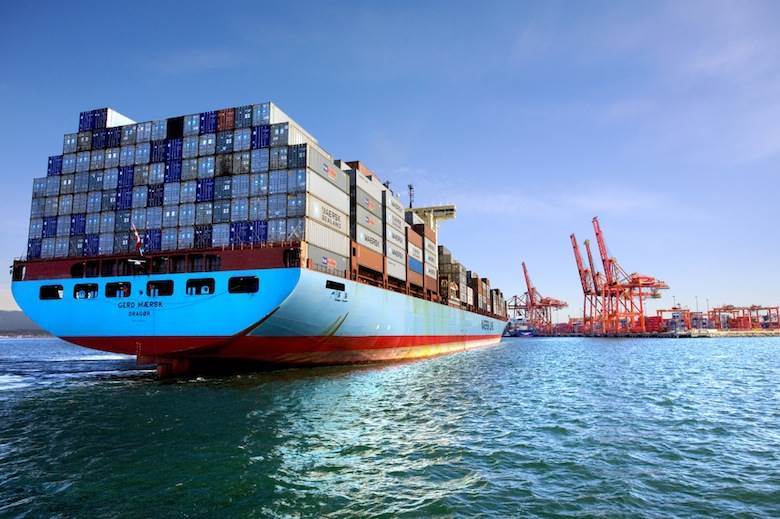US says TPP can help “drive innovation” in footwear, Mexico not so sure
07/10/2015

The countries involved are Australia, Brunei Darussalam, Japan, Canada, Chile, the US, Malaysia, Mexico, New Zealand, Peru, Singapore, and Vietnam.
In response, the Footwear Distributors and Retailers of America (FDRA) said it had worked tirelessly for five years on behalf of member companies to ensure that “the voice of the industry” was heard throughout the TPP negotiations.
FDRA President Matt Priest commented: “We are extremely pleased and excited by today’s announcement. The US footwear industry paid $2.7 billion in duties last year alone, more than $450 million on exports from TPP partner countries. TPP has the potential to provide a once-in-a-generation opportunity for the industry that could strengthen job creation and help drive innovation.”
The immediate reaction from footwear industry representatives in Mexico has been much less positive.
Former president of CICEG, the industry’s representative body in the main shoe-producing state of Guanajuato, Ysmael López García, told Mexican media in the days following the agreement that TPP would leave Mexico’s footwear manufacturers at a disadvantage.
He said Mexico already has trade agreements in place in TPP markets in which its footwear sells well, such as the US, Canada and Japan, and that the industry in Mexico stands to lose more than it will gain. “We have warned the government about this from the outset,” he said. “Countries such as Vietnam, Malaysia and even Singapore are never going to buy from us, but Vietnam as a competitor presents a risk to us.”








